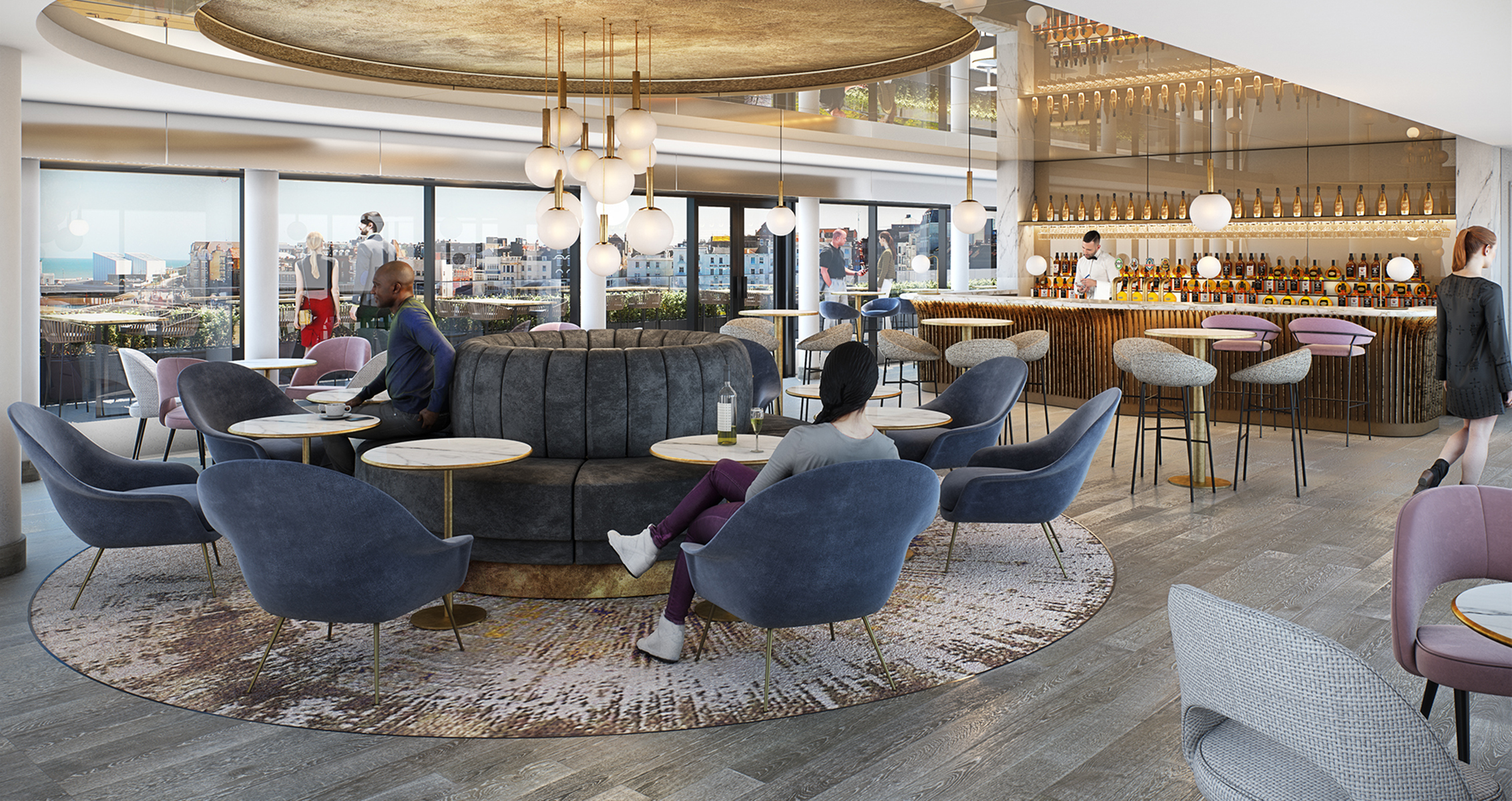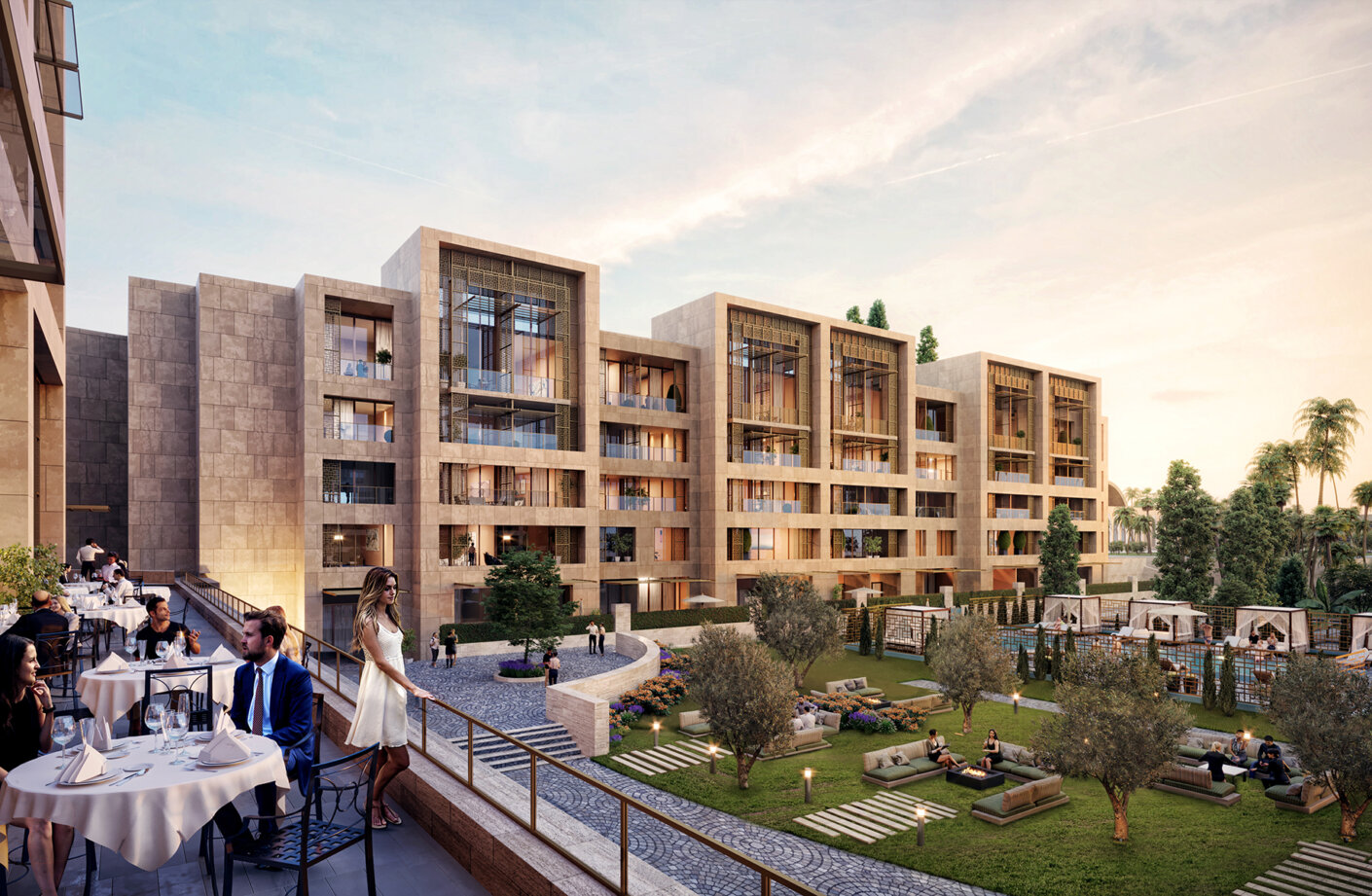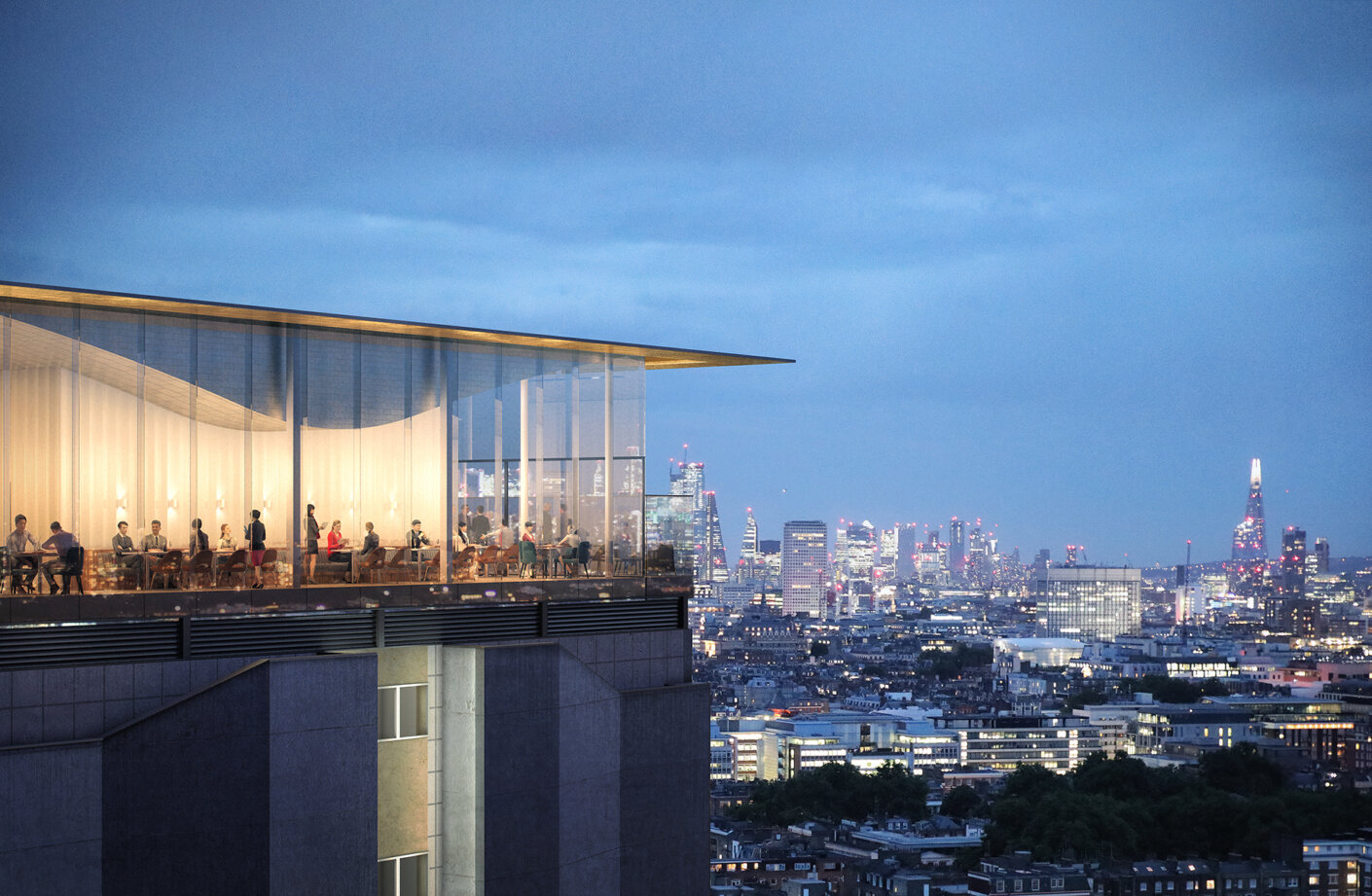Self-check-in and general transaction systems will be contactless, access to rooms will be via phones, and rooms will feature voice-activated services. Programmable spaces will allow guests to customise their environment with specific art, or images of friends and family to create a home away from home.
As guests seek a closer connection to their hosts for a sense of security, we may see a rise in hotels using more direct communication apps such as Whatsapp which should be seen as a way to streamline service by operators, and future-proof systems for owners.
While the travel ban will eventually be lifted, people will continue to be thoughtful about overseas travel, both in terms of the virus and in terms of environmental impact. This opens up opportunities in urban and rural settings for ‘staycationers’, allowing people to connect with local heritage, unlock previously unexplored locations, and release pressure on the over-tourism of popular and seasonal destinations.
This pandemic has been devastating to communities, businesses, and industries around the world. The hospitality sector will be deeply impacted, but it will survive. It will just be a very different model to the one we currently know.




